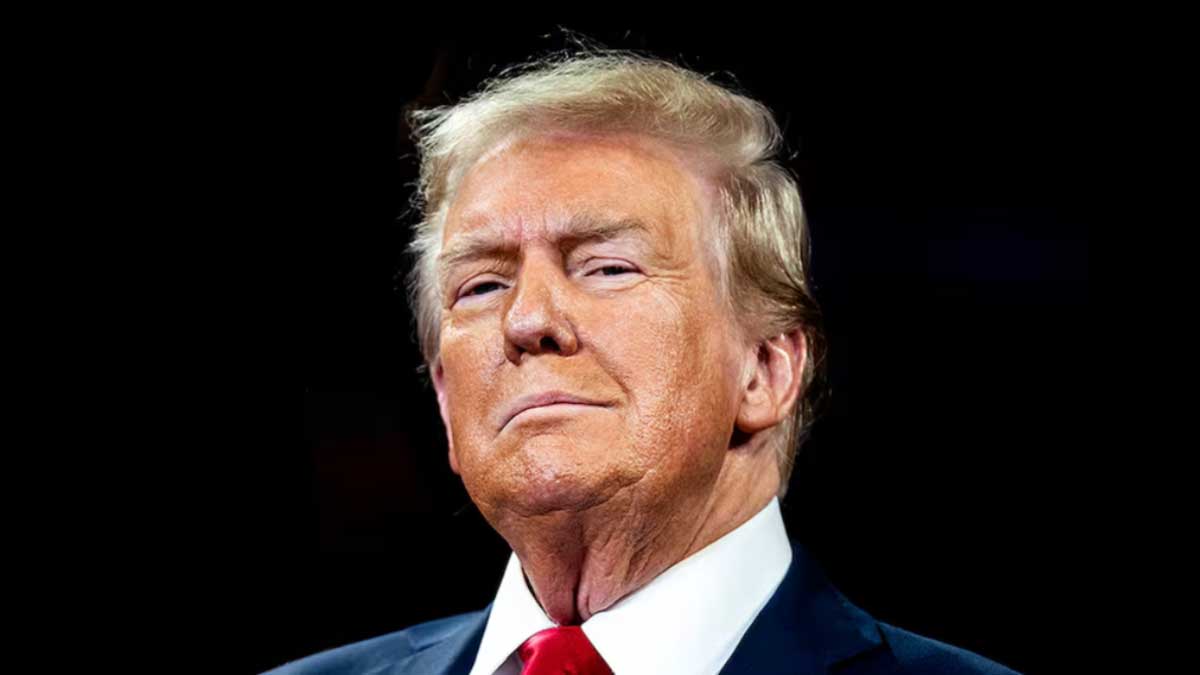- Home
- Billionaires
- Investing Newsletters
- 193CC 1000
- Article Layout 2
- Article Layout 3
- Article Layout 4
- Article Layout 5
- Article Layout 6
- Article Layout 7
- Article Layout 8
- Article Layout 9
- Article Layout 10
- Article Layout 11
- Article Layout 12
- Article Layout 13
- Article Layout 14
- Article Sidebar
- Post Format
- pages
- Archive Layouts
- Post Gallery
- Post Video Background
- Post Review
- Sponsored Post
- Leadership
- Business
- Money
- Small Business
- Innovation
- Shop
Recent Posts
Trump Secures 2024 Presidency After Key State Wins

Former President Donald Trump has won the 2024 presidential race, according to projections from The Associated Press, defeating Vice President Kamala Harris. Trump’s victory was secured with key wins in Pennsylvania, Wisconsin, Georgia, and North Carolina, bringing his electoral vote total to 277. In contrast, Harris is projected to have earned 224 electoral votes. The AP called North Carolina for Trump at around 11:20 p.m. EST on Election Night, followed by Georgia at 1 a.m. Wednesday, Pennsylvania shortly after 2:20 a.m., and Wisconsin just after 5:30 a.m. Trump is also leading in the remaining battleground states of Michigan, Nevada, and Arizona, signaling a dominant performance in critical swing states.
This win marks Trump’s return to the White House, capping off a turbulent and at times contentious campaign. His third bid for the presidency came nearly two years after he launched his campaign amid skepticism from some within the Republican Party, who were disillusioned by the GOP’s loss in the 2022 midterm elections. That year, many blamed Trump for the defeat of his preferred candidates, sparking internal party discord. In the wake of those losses, some Republican leaders also expressed unease over his role in the January 6, 2021, Capitol riots. The fallout from the riots seemed to shake the party’s confidence in Trump, and the former president’s controversial dinner with white supremacist Nick Fuentes and rapper Kanye West at Mar-a-Lago, just weeks after announcing his candidacy, further fueled concerns that his hold over the GOP might be slipping.
However, as the election year progressed, Trump’s political fortunes shifted. His criminal legal battles, including his involvement in the 2020 election interference and the Manhattan hush money case, unexpectedly strengthened his support within the party. Despite facing a series of indictments, Trump’s message resonated with many Republicans, who viewed these legal proceedings as attempts to undermine his presidential ambitions. As Trump framed these cases as politically motivated, the GOP rallied behind him, believing that the charges were a means to prevent him from reclaiming the presidency.
Trump’s polling numbers surged following President Joe Biden’s poor performance in a critical June debate, which exacerbated Democratic concerns. Trump briefly trailed Harris in the polls after she entered the race, but he quickly closed the gap, especially in seven crucial swing states. As the election drew closer, the momentum shifted in Trump’s favor, ultimately securing him a victory with substantial support in both traditional Republican strongholds and crucial battleground states.
For his running mate, Trump selected Senator JD Vance of Ohio, a move that solidified his political positioning among key conservative factions. Vance’s selection was seen as a strategic attempt to boost Trump’s appeal in the Midwest, a region that had been pivotal in his 2016 victory.
Throughout the campaign, Trump’s rhetoric became more intense, often doubling down on his hardline positions from his first term. He focused on escalating immigration policies, promising more aggressive border control measures, including mass arrests and deportations of undocumented migrants. Additionally, Trump proposed raising tariffs by 10% across the board, with a more substantial 60% increase on imports from China. These proposals were met with skepticism by economists, who warned that such tariff hikes could lead to higher consumer prices, as U.S. businesses would likely absorb the costs and pass them on to consumers.
Trump also continued to espouse his false claims that the 2020 election was stolen from him, an issue that remained a focal point throughout his campaign. His insistence on retribution against those he deemed responsible for his 2020 loss became a defining theme of his third run for president. His promises of revenge against political opponents and public figures who criticized him became a rallying cry for his supporters, even as it raised concerns among his critics about his potential to lead with an agenda focused on vengeance.
Vice President Kamala Harris, for her part, centered her campaign largely on contrasting her vision with Trump’s combative approach. She took aim at his role in the January 6 riots, accusing him of seeking to undermine democracy with his rhetoric and actions. In what she called her “closing argument” to voters, Harris warned that Trump was “unstable, obsessed with revenge, consumed with grievance, and out for unchecked power.” Her campaign also sought to capitalize on concerns about Trump’s mental fitness, pointing to what they viewed as erratic behavior during his rallies, such as a 30-minute dance routine during a rally in Pennsylvania. Harris’s team also pointed to Trump’s refusal to release his medical records as further evidence of his fitness for office being in question.
Despite her efforts, Harris was unable to overcome the momentum Trump had built throughout the election cycle. While she won substantial support among Democratic voters, particularly those critical of Trump’s rhetoric and handling of key issues, it was ultimately Trump’s grip on the nation’s economic anxieties and his polarizing but fervent base of supporters that propelled him back to the presidency.
In the end, Trump’s victory marked the culmination of a campaign that defied expectations and capitalized on both the divisions within the American political landscape and the GOP’s shifting loyalty. As Trump prepares to return to the White House, it remains to be seen how his policies and rhetoric will evolve, especially in the face of ongoing legal challenges and the contentious political environment of his third term.
Recent Posts
Categories
- 193cc Digital Assets2
- 5G1
- Aerospace & Defense46
- AI37
- Arts3
- Banking & Insurance11
- Big Data3
- Billionaires449
- Boats & Planes1
- Business328
- Careers13
- Cars & Bikes76
- CEO Network1
- CFO Network17
- CHRO Network1
- CIO Network1
- Cloud10
- CMO Network18
- Commercial Real Estate7
- Consultant1
- Consumer Tech180
- CxO1
- Cybersecurity68
- Dining1
- Diversity, Equity & Inclusion4
- Education7
- Energy8
- Enterprise Tech29
- Events11
- Fintech1
- Food & Drink2
- Franchises1
- Freelance1
- Future Of Work2
- Games141
- GIG1
- Healthcare78
- Hollywood & Entertainment186
- Houses1
- Innovation42
- Investing2
- Investing Newsletters4
- Leadership65
- Lifestyle11
- Manufacturing1
- Markets20
- Media193
- Mobile phone1
- Money13
- Personal Finance2
- Policy567
- Real Estate1
- Research6
- Retail1
- Retirement1
- Small Business1
- SportsMoney33
- Style & Beauty1
- Success Income1
- Taxes2
- Travel10
- Uncategorized8
- Vices1
- Watches & Jewelry2
- world's billionaires418
Related Articles
Trump Moves $4B Stake in Truth Social Parent, Stock Drops 6%
Donald Trump recently transferred his 57% stake in Trump Media & Technology...
By 193cc Agency CouncilDecember 20, 2024House Rejects Trump-Backed Funding Bill, Shutdown Looms
The U.S. House of Representatives rejected a new government funding bill on...
By 193cc Agency CouncilDecember 20, 2024Trump Named Time’s Person of the Year for Second Time
On Thursday, Time magazine honored Donald Trump as its “Person of the...
By 193cc Agency CouncilDecember 12, 2024Meta Donates $1 Million to Trump’s Inaugural Fund
Meta, the parent company of Facebook and Instagram, has confirmed a $1...
By 193cc Agency CouncilDecember 12, 2024















Leave a comment